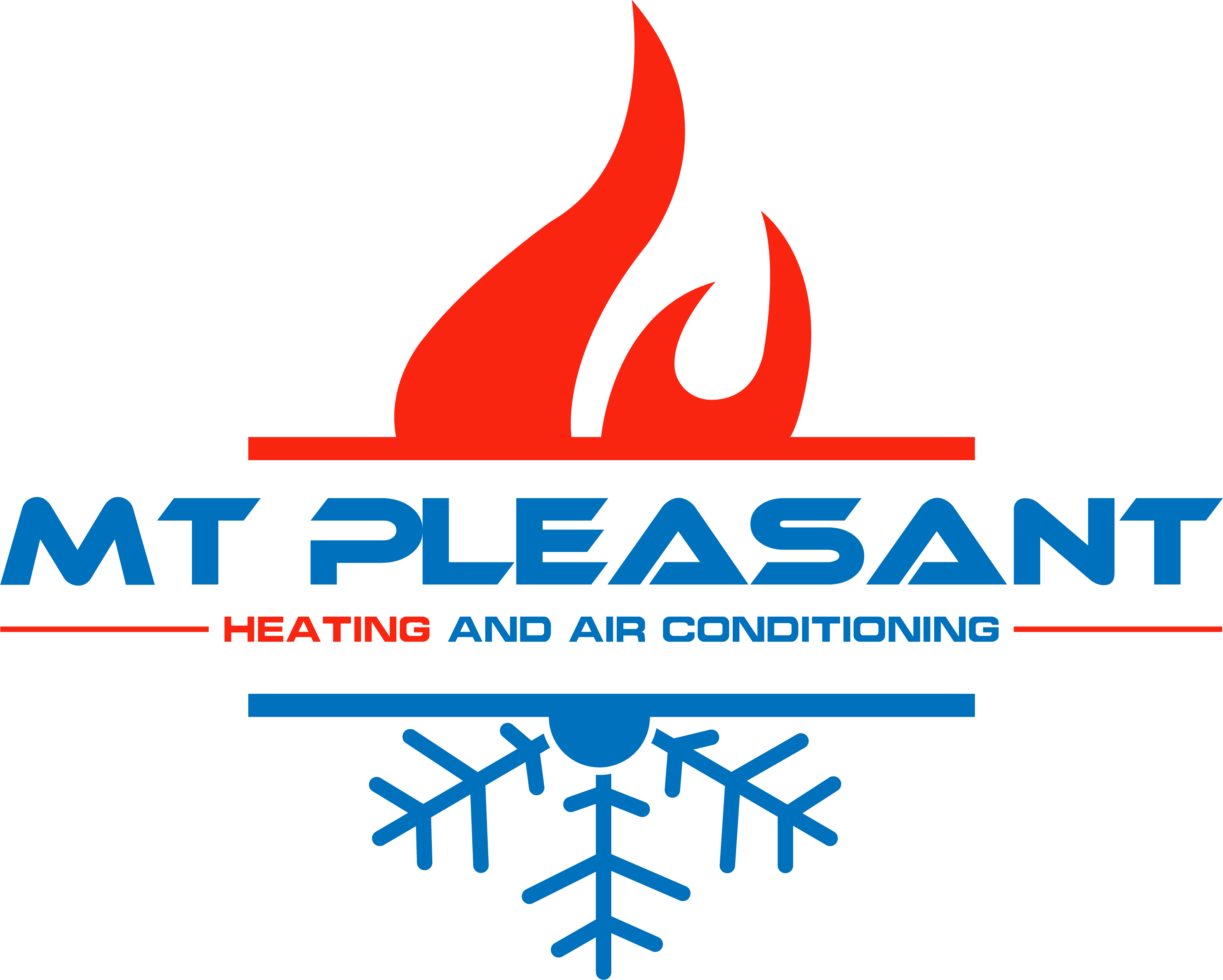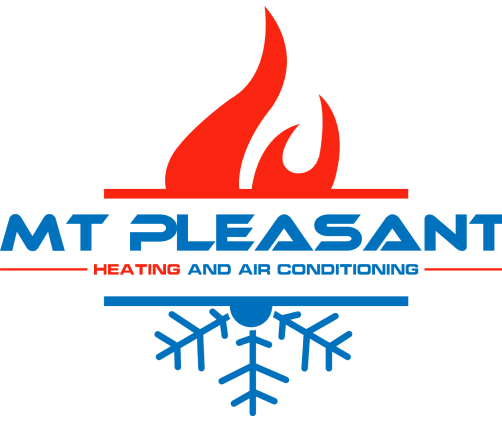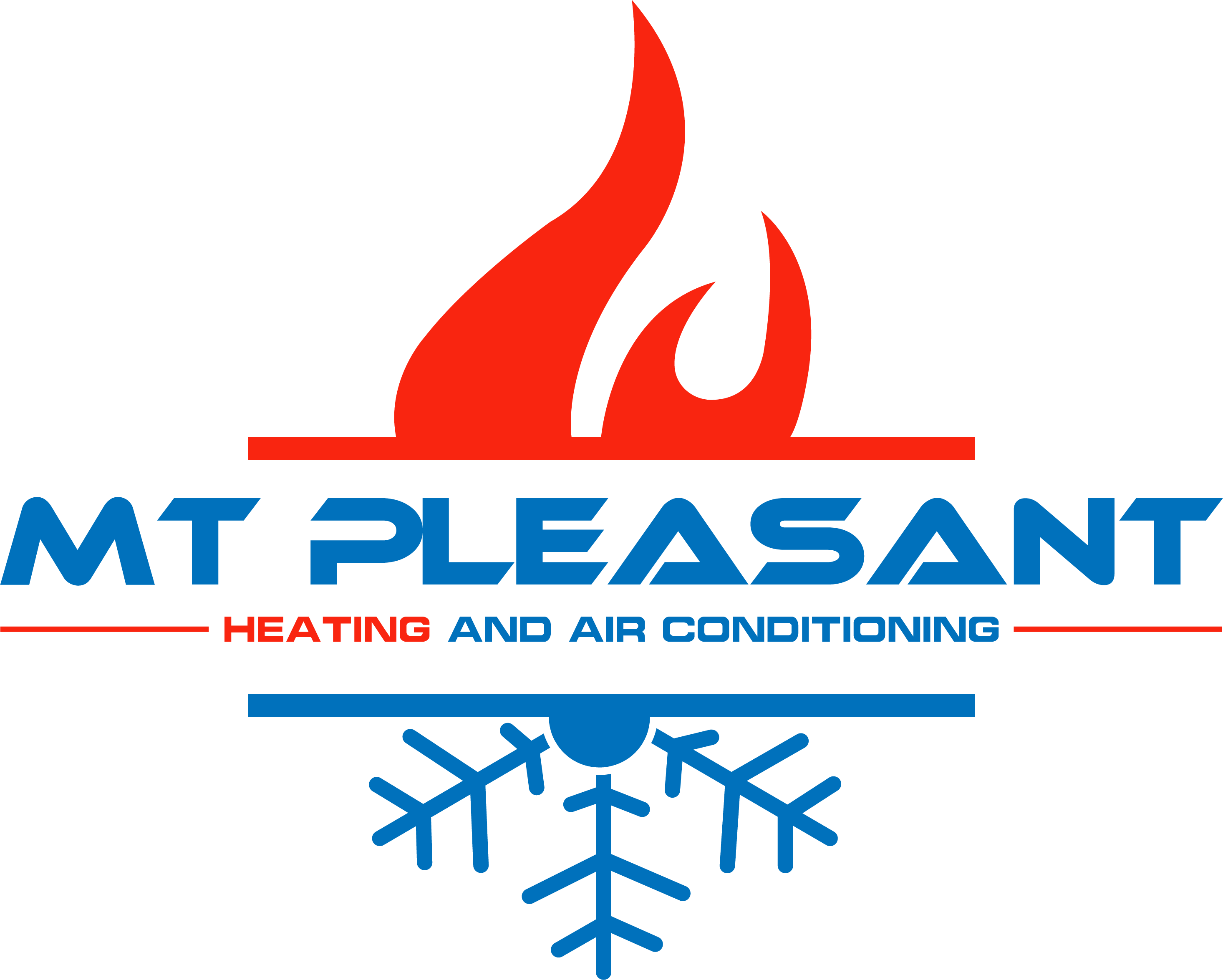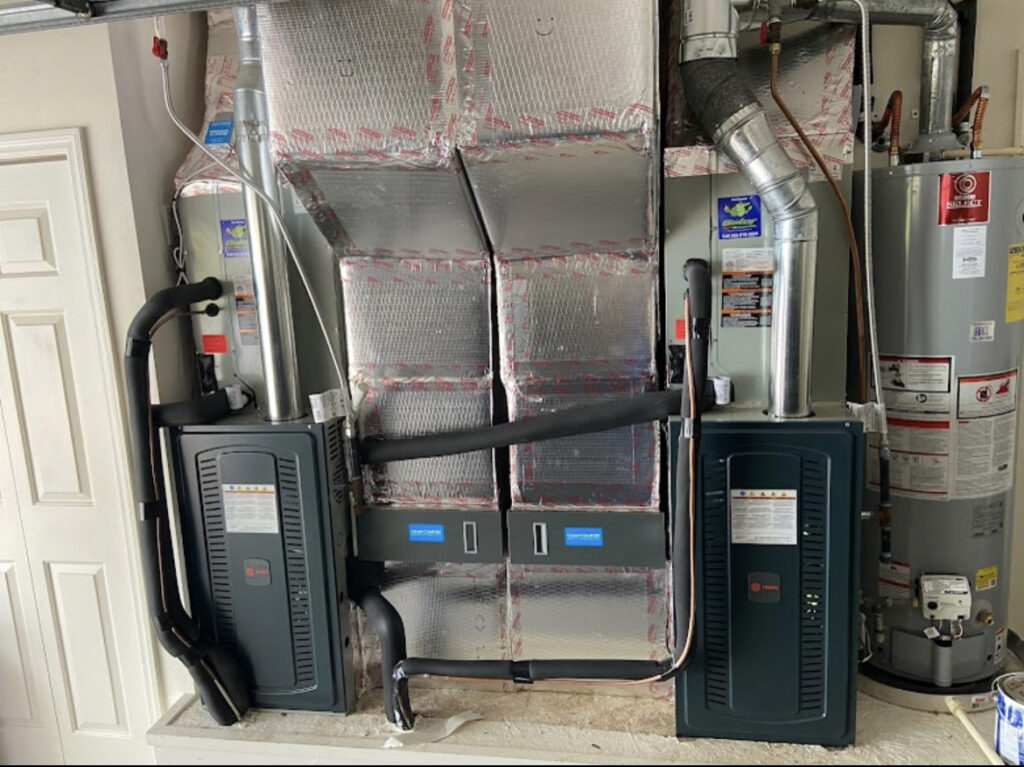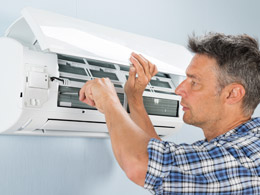10 Hacks to Help You Save On Heating This Winter
As temperatures start to drop, heating bills can put a strain on budgets. But there are things you can do to save on heating costs this winter. Here are 10 great hacks from your trusted HVAC company in Mount Pleasant and Charleston, SC to help you spend less on heating your home. Service Your HVAC System for Save on Heating A well-maintained, efficient HVAC system can lead to significant energy savings. Replace filters once a month and have your system serviced before winter truly sets in. A technician can check for leaks, make sure refrigerant levels are correct, and ensure your heat pump or furnace is running properly. This prevents expensive repairs down the road. Caulk and Weatherstrip Sealing air leaks around doors and windows prevents drafts and helps your home retain heat. Carefully apply caulk and install weatherstripping to keep out cold air. Don’t forget entry doors, which can be a major source of leaks! Properly sealing your home can reduce heating costs by up to 20 percent. Insulate Attics and Walls Your HVAC system must work harder when heat escapes through poorly insulated areas. Adding insulation, especially in attics and exterior walls, creates a blanket that traps warm air inside your home. Target areas with old or missing insulation. Insulating and air sealing projects can offer one of the fastest returns on investment. Install Window Coverings Window coverings add insulation and an extra barrier against cold windows that can rob a home of heat. Close blinds and curtains at night and on cloudy days to add a layer of insulation. For maximum effectiveness, install thermal cellular shades or insulated drapes. Adjust the Thermostat Simply dialing down your thermostat can cut costs significantly. Set the temperature as low as comfortable when home and awake. At bedtime and when away, turn it down even more. Install a programmable or smart thermostat to take the guesswork out of temperature adjustment. Wear extra layers until your body adjusts to the new normal. Let the Sunshine In On sunny winter days, open blinds, and curtains to harness solar heat. The sunlight coming into your home will naturally raise temperatures. Close them at sundown to lock in the free heating. Position furniture and rugs to absorb the sunlight rather than block it. Check HVAC Filters Monthly A dirty filter makes your HVAC system work harder to keep you warm. Check the filter once a month and swap it out if it looks dirty. Sign up for a yearly service plan from your HVAC company for regular maintenance and filter changes. A clean unit runs more efficiently, keeping your energy bills lower. Run Ceiling Fans in Reverse In winter, setting ceiling fans to run clockwise on low pushes warm air down from the ceiling into occupied areas of the room. The gentle circulation helps maintain even temperatures so you can dial back the thermostat a bit. Turn fans off when rooms are empty. Let the Sun in and Block It Out During winter days, open curtains, and blinds on sunny exposures to capture some free solar heat. Close them at dusk to keep the heat gained inside. Install thermal curtains or insulated shades to provide additional insulation and keep rooms warmer in cold months. Seal Air Leaks Over time, gaps and cracks develop around plumbing, wiring, vents, and more. Cold drafts enter through these breaches, forcing your HVAC system to work harder. Caulking and weatherstripping seals leaks to prevent heat loss. Start by inspecting areas with pipes and wiring penetrations. An HVAC technician can help pinpoint leak sources. Sealing air leaks can reduce heating and cooling bills by up to 30 percent annually. Stay Cozy and Save This Winter Minor upgrades and simple habit changes make a real difference in home energy efficiency. Maintain your HVAC equipment, add weatherstripping, adjust the thermostat down a few degrees, and harness the natural warmth of sunlight in your home. To learn about additional tips or schedule a winter maintenance check, contact your top-rated HVAC company in Mount Pleasant, SC and Charleston, SC today. With a few DIY tweaks and regular tune-ups from the professionals, you can stay warmer while keeping heating bills lower this winter.
10 Hacks to Help You Save On Heating This Winter Read More »
